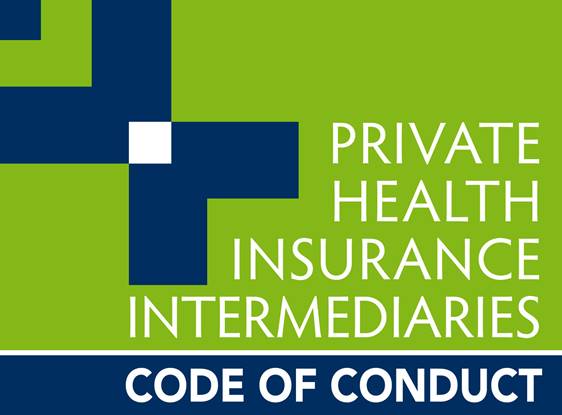There are many options these days when it comes to private health cover, it can be daunting working out what is the best private health policy for you and your stage of life and what contribution amount fits within your budget.
The price of private health insurance isn’t set in stone – it’s like a puzzle with different pieces that affect the cost. Things like how much coverage you want, the specific plan you go for, how old you are, and how healthy you’re feeling all play a role. When it comes to the money side, private health insurance costs can range from just a few hundred dollars to top gold cover which can cost thousands per year..
So, if you’re thinking about taking out private health insurance, it’s smart to do your homework. Take your time to compare different policies, see what they cover, and understand the costs you might have to handle. That way, you’ll be better prepared to pick a plan that fits your needs and budget. In this month’s blog we will assist by giving you tips to help you navigate and compare private health insurance policies that best suit your budget.
Important Factors:
- Private health insurance costs in Australia are influenced by various factors including the level of coverage, age, and the individual’s income.
- Private health insurance is not mandatory but offers coverage for services not included in the public health insurance system, Medicare.
- Annual private health insurance premiums can vary widely and may involve additional costs like excess payments and gap expenses.
- It’s worth noting that the Lifetime Health Cover (LHC) loading is a penalty applied to those who do not secure private health insurance before turning 31.
- To lower your private health insurance expenses, you can compare policies from different providers and consider choosing higher excess amounts.
We’re a family of 4, how do we get the best coverage that’s within our budget?
Your priorities often revolve around ensuring the well-being of your loved ones. One essential aspect of this is having adequate private health insurance coverage. However, balancing comprehensive coverage with a budget can be challenging.
Assess your family’s needs: Consider your family’s current health status, any ongoing medical conditions, and the likelihood of future healthcare requirements.
Compare plans: There are various private health insurance plans available, each offering different levels of coverage and price points. Taking the time to compare plans from different providers is always the best option.
What influences the cost of private health insurance?
Policies are influenced by various factors, and it’s crucial to understand how these elements can impact your premiums and coverage. Let’s break it down:
1. Income – The government helps with the cost of health insurance by providing a rebate, there are three rebate tiers which are dependent on your income. The less you earn, the higher your government rebate which helps make health insurance more affordable.
2. Health status matters – Your health status also carries some weight. If you’ve got pre-existing medical conditions or chronic illnesses, you might see higher premiums or certain exclusions on your policy.
4. Location – Healthcare costs can vary quite a bit from one state to another, and that’s something insurance providers take into account.
5. Type of plan -Now onto the plans themselves. Comprehensive policies tend to cost more than the basic ones that cover only the essentials. You can opt to choose just hospital cover without an extras policy, it’s up to you.
I’m close to retiring, how can I save money on private health?
As you map out your retirement, it’s a smart move to consider how the aging process might impact your health down the track. One thing worth keeping in mind is the cost of healthcare in general, and it’s wise to include it in your budget planning. Here’s a few tips that may assist with your decision making:
- The Price Tag: Consider the cost of private health insurance itself. Make sure it aligns with your budget and your health needs for the retirement stage of life.
- Future Health Expenses: Think about the potential costs of treatments or medical care you might need in the future for any pre-existing conditions.
- Your Health Today: Assess your current health condition. It can help determine how much coverage you might require.
- Your Desired Level of Care: Think about the kind of care you want. Private health insurance can offer different levels of coverage, so make sure it matches your expectations.
These considerations should help you weigh the pros and cons to make an informed decision about the cost of healthcare in your retirement years.
Ultimately it’s like piecing together a puzzle – your age, gender, health, location, the type of plan you choose, stage of life and most importantly, the fine print in your policy – these factors all play a part in determining how much you pay for your private health coverage.
Our Team are ready to take your call
To compare private health insurance funds and discuss what the best policy is for your budget and stage of life. Our friendly team is standing by to talk you through the options. Call us on 1300 861 413 or email us hello@health.compare





















































